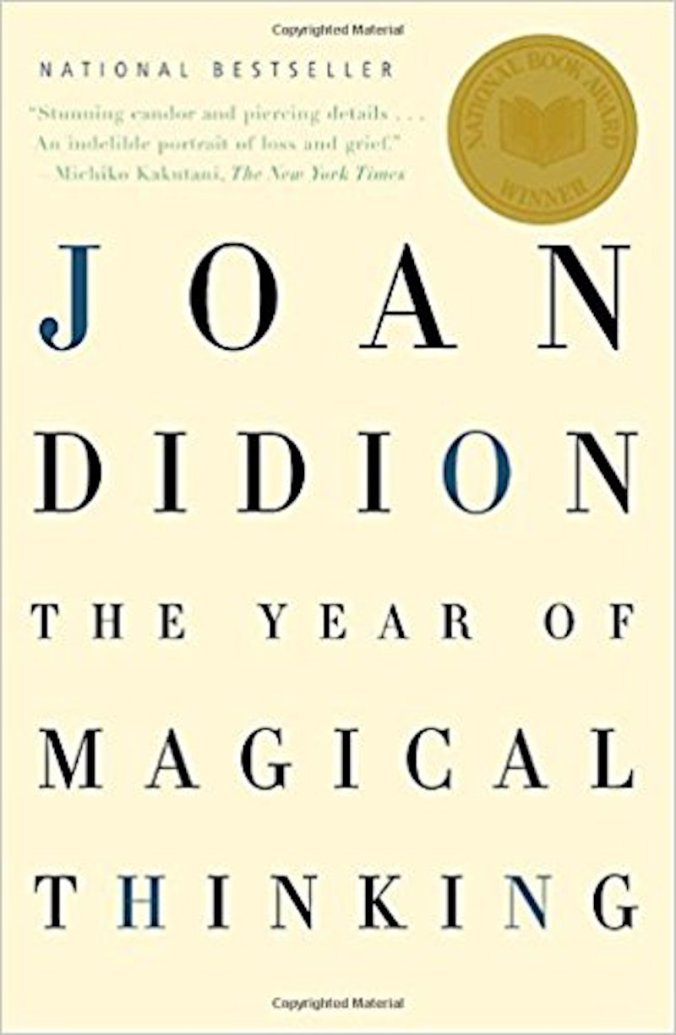
This book has taken me a long time to get through, not because it was a bad or poorly written book, but because it forced me to deal with the grief that I’d been burying for a long time.
Let’s go back in time for a minute. Right after Christmas, I was out shopping with one of my best friends when I felt . . . drawn to “The Year of Magical Thinking.” I can’t tell you exactly how I felt, but it was almost like something or someone was pushing me towards this book. After carrying it around the store for a little while, I decided to bite the bullet and buy it.
I’m a huge Carrie Fisher fan—she’s one of my biggest inspirations and one of my heroes. She came into some of my group chats on Twitter and talked to us, and she liked one of my tweets once. Other than that we never interacted, but I felt connected to her through our shared struggles with mental illness.
When she passed, I was shattered. I may have appeared to keep it together, but inside I was a mess—and I’m not even sure I was aware of how deep I was in grief. For a full year, I was grieving but I never started the mourning process.
Enter Joan Didion’s “The Year of Magical Thinking.”
Written in the year after Joan’s husband, the writer John Gregory Dunne, passed away, it examines Joan’s grieving process and what was going through her head in the aftermath of losing her husband of 40 years while also dealing with her daughter’s illness. She’s somewhat linear when describing the timeline of the year with Quintana’s illness and John’s memorial, but it’s often scattered with memories and reflections—much like my own grieving process.
While reading this book, I often found myself agreeing with her observations on losing a loved one: reconstructing the moment of collision, hoping and planning for the loved one to somehow come back, not really anticipating the blow of the loss, thinking your crazy thoughts will only be isolated to the weeks after the death. In many ways, it felt like reading my own thoughts.
I could go on forever highlighting poignant passages, but there is one thing I wanted to address. Near the end, Joan talks about how she didn’t want that year to end because it took her further from John. Once the year anniversary passed, whatever had happened the year before no longer included her husband. He started becoming softer and more fuzzy in her mind—whatever she needed to deal with living life without him.
Yet she comes to the conclusion that we, the left-behind, must let the loved one go. Let them be the picture on the mantle or the memory. It’s not easy, and for a long time I didn’t really think it was necessary—then I looked at my weight gain and overall blanket of emptiness and realized that yes, it was necessary.
I can’t say that I’m completely letting go of Carrie, but Joan helped me start the process. And for that, I’m in her debt.
